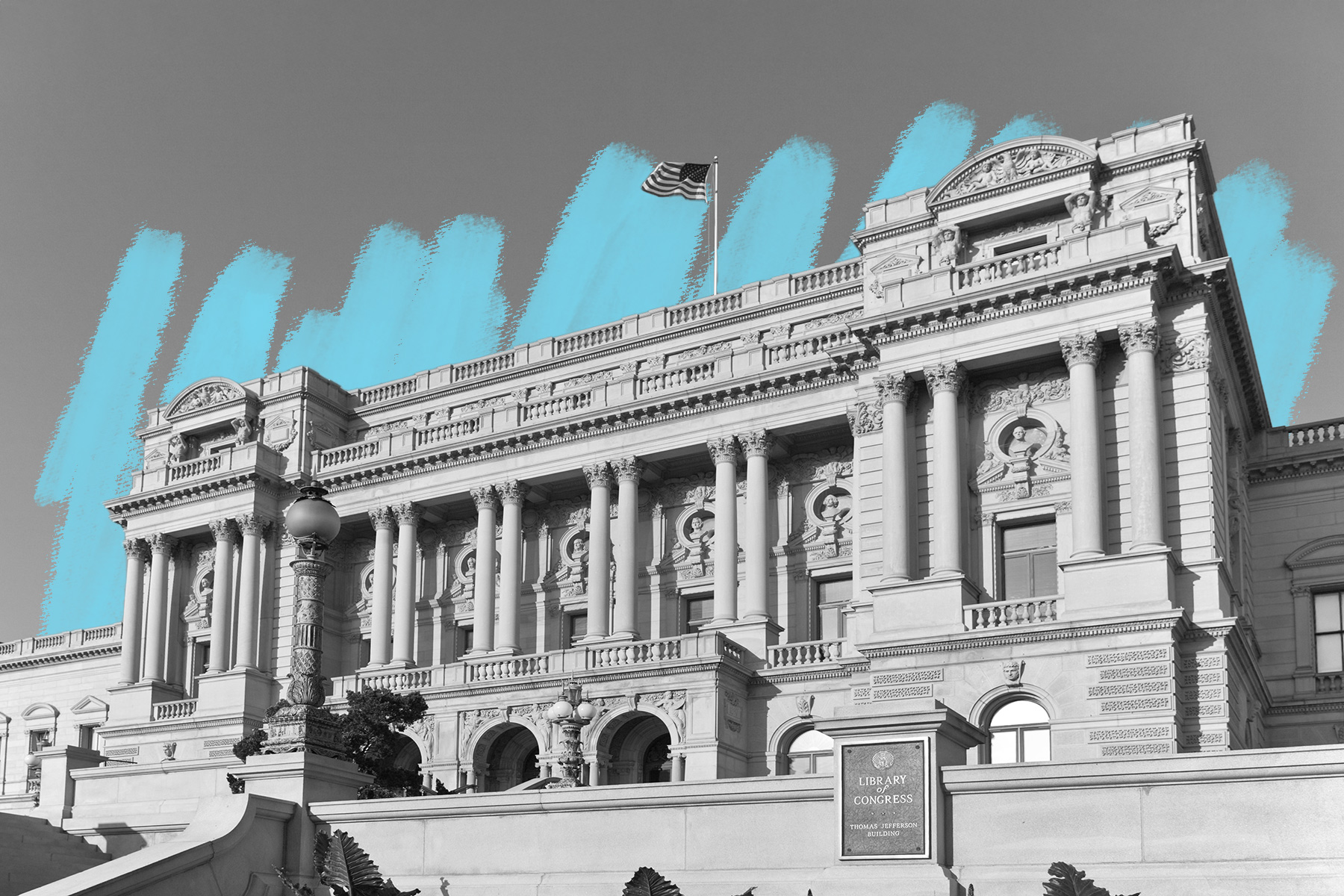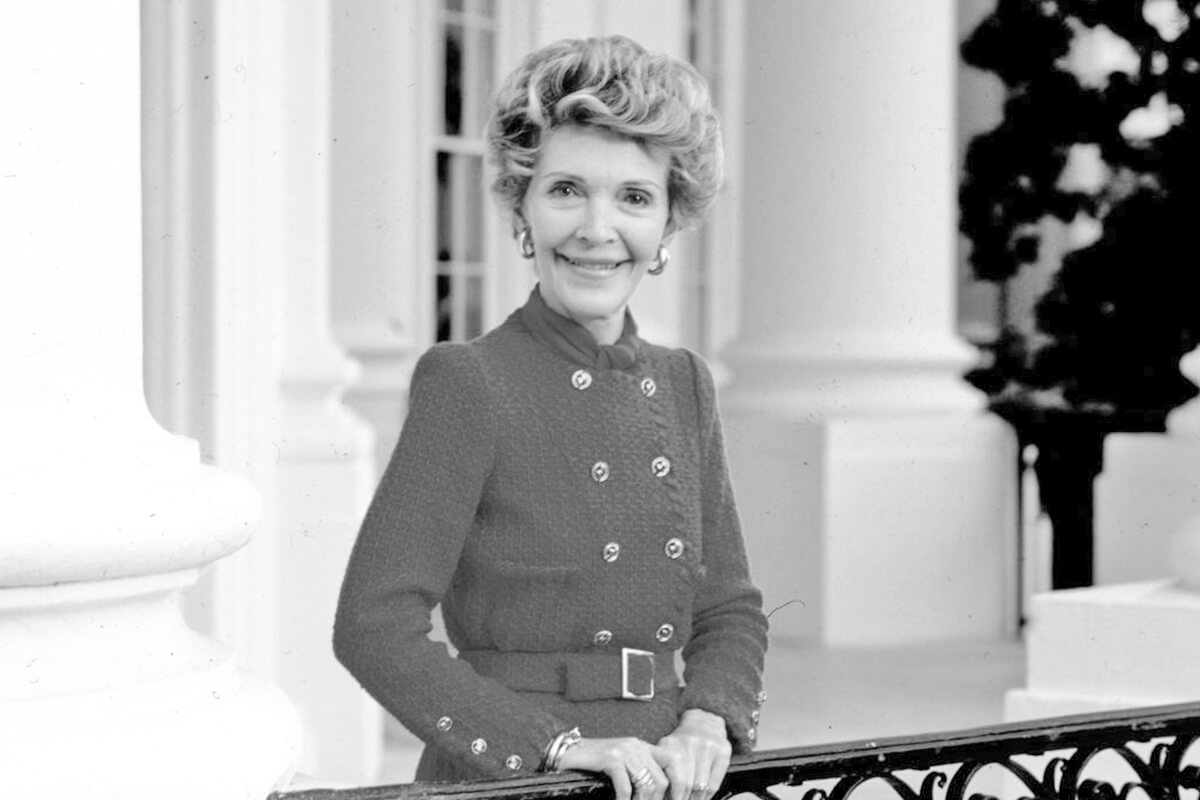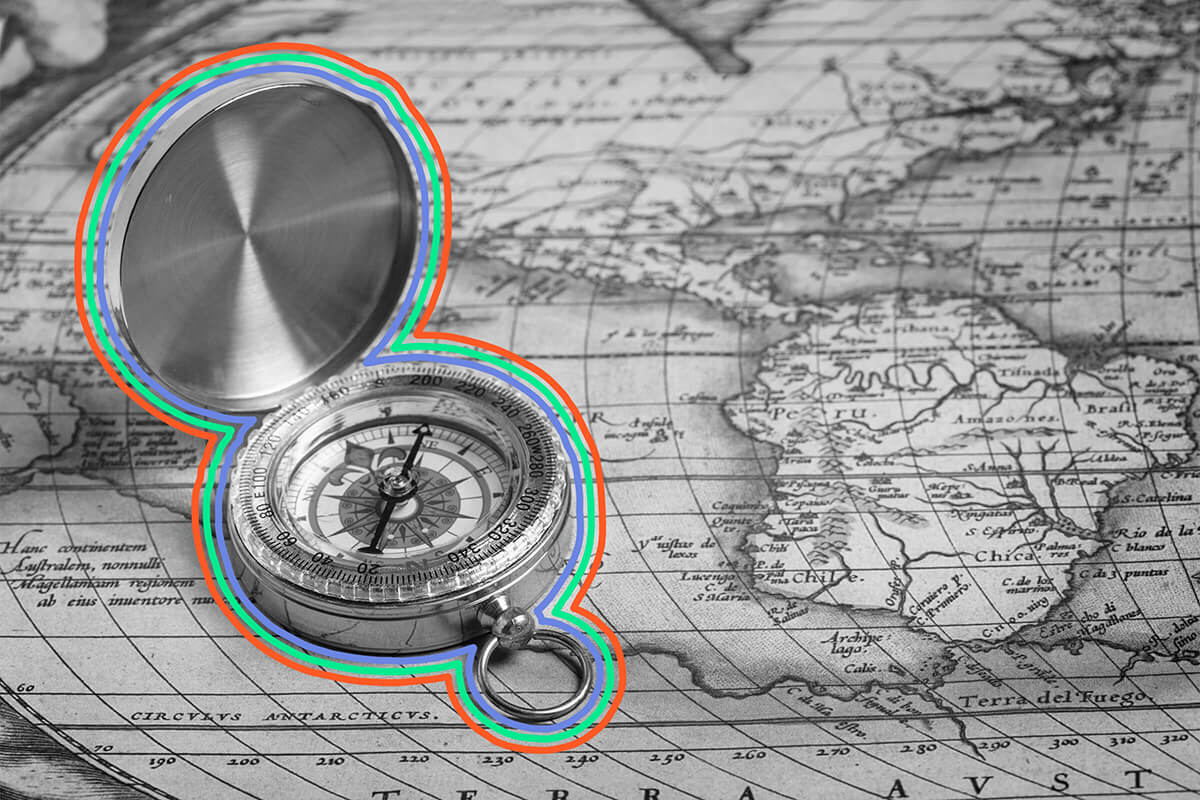America's oldest cultural institution
Friday, January 24, 2025
Founded in 1800, the Library of Congress predates every other federal cultural institution in the United States — it's so old, in fact, that it was brought into existence by the same bill that relocated the U.S. capital from Philadelphia to Washington, D.C. |
| |
| |
|
 |
|
| F ounded in 1800, the Library of Congress predates every other federal cultural institution in the United States — it's so old, in fact, that it was brought into existence by the same bill that relocated the U.S. capital from Philadelphia to Washington, D.C. The nation's second President, John Adams, approved said bill, which provided $5,000 (roughly $122,000 today) for books to be used by Congress. Two years later, Thomas Jefferson made the increasingly important librarian of Congress post a presidential appointment. From those humble origins, the repository of knowledge eventually became the world's largest library: It was home to more than 175 million items as of September 2022, with more than 10,000 added every day. |
|
|
| Given the massive size of its collection, the Library of Congress is naturally home to a number of strange and fascinating objects. Its smallest book, Old King Cole, is a nursery rhyme measuring 1/25th of an inch, roughly the size of a period; its largest is a 5-by-7-foot photo book featuring images of Bhutan. In addition to books, the library houses audio materials, maps, sheet music, photographs, newspapers, presidential papers, manuscripts, and other media. |
|
 |  |
|
|
 |
|
| |
|
| Visitors to the Library of Congress in 2022 | | | 370,000 |
| | | Movies in the Library of Congress' National Film Registry | | | 850 |
| | | Movies in the Library of Congress' National Film Registry | | | 850 |
|
|
|
| Languages represented in the Library of Congress | | | 470+ |
| | | Permanent staff members of the Library of Congress | | | 3,172 |
| | | Permanent staff members of the Library of Congress | | | 3,172 |
|
|
|
 |
|
 | | Did you know? |
|
|
The original library was burned down in the War of 1812. |
|
| The Library of Congress was comparatively tiny for the first 14 years of its existence, but that didn't make it any less tragic when its collection of 3,000 books was destroyed in a fire along with the Capitol building on August 24, 1814. After the conflagration, Thomas Jefferson offered his own collection of 6,487 books (then the largest personal library in the nation) as a replacement for the lost volumes. Though he didn't do so for free — Congress paid him $23,950 — Jefferson did provide the foundation for what the library eventually became. Sadly, a second fire destroyed most of his contribution, as well as nearly two-thirds of the entire collection on Christmas Eve 1851, but the institution rose from the ashes once again. |
|


posted by June Lesley at 4:05 AM











![]()
![]()










0 Comments:
Post a Comment
<< Home